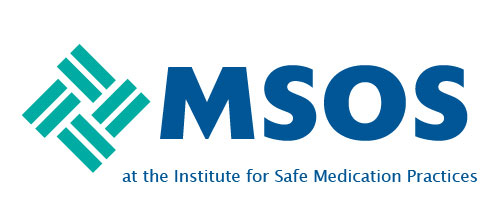Hi all,
We're evaluating our medication storage practices after some feedback during a recent Joint Commission consultant visit, citing concerns related to lack of secure storage. I'm looking for some insight into how other institutions generally approach this. For some context, our pharmacy department does not oversee (i.e. purchase, stock, or dispense) anesthetic gases. We do have automated dispensing cabinets in each room that the anesthesiologists use. Some medications (mainly local anesthetics) are kept in a center core area for the next day's cases.
We're likely going to have wall-mounted lock boxes installed in each OR, but I'm curious as to what others have done.
Other random questions/thoughts:
Does your institution keep anesthetic gases and such locked when not being actively used? Do you keep gases in a dispensing cabinet? Is your OR considered secure by virtue of its restricted access? Have OR storage practices been cited, and if so, what were some of the steps taken to address this?
As always - appreciate the input!
Mike

